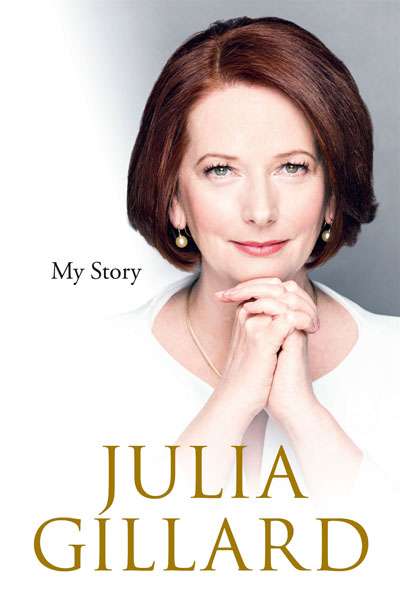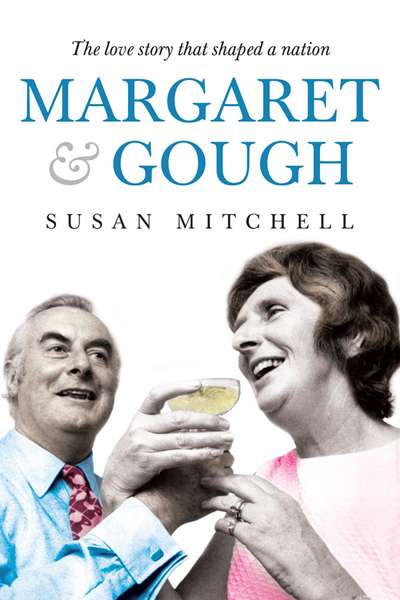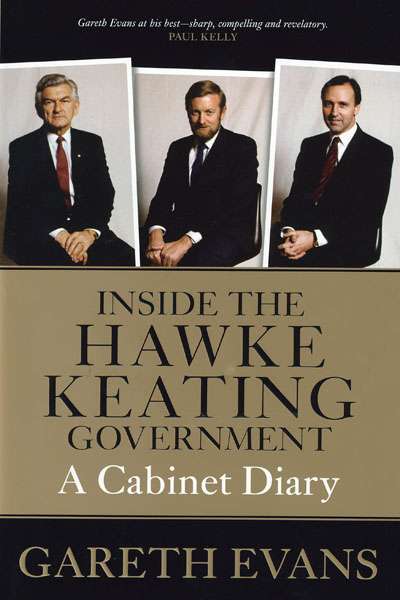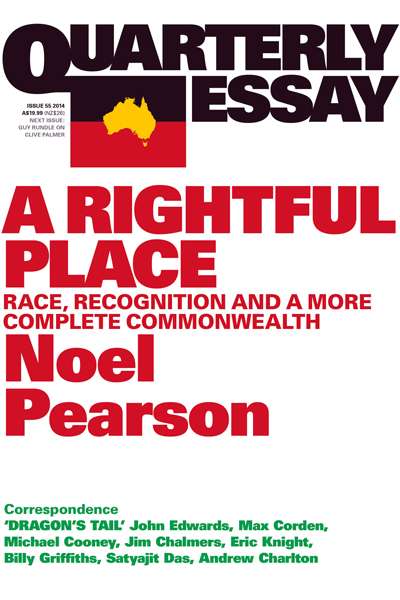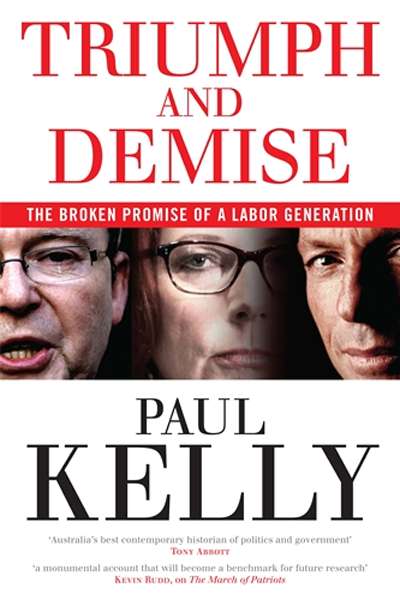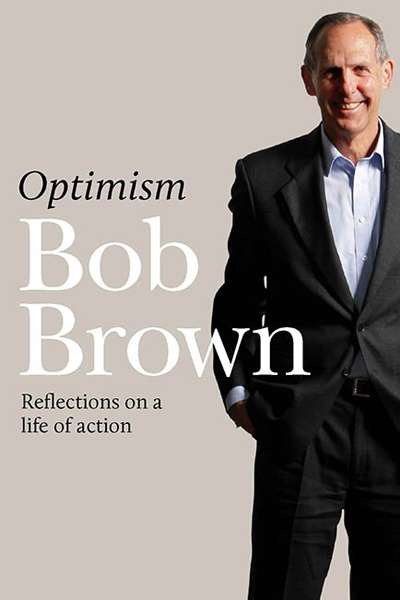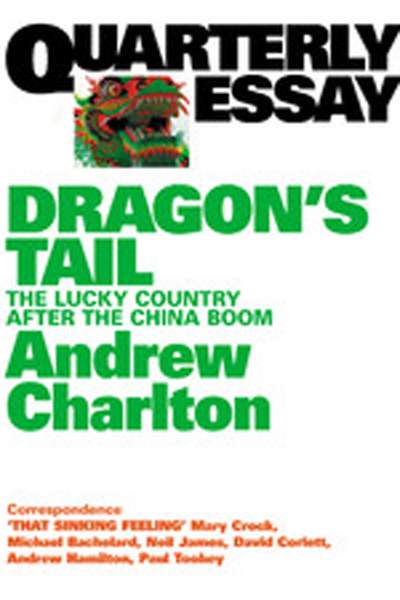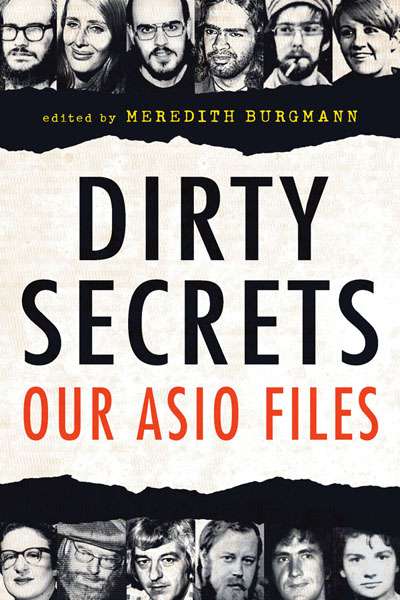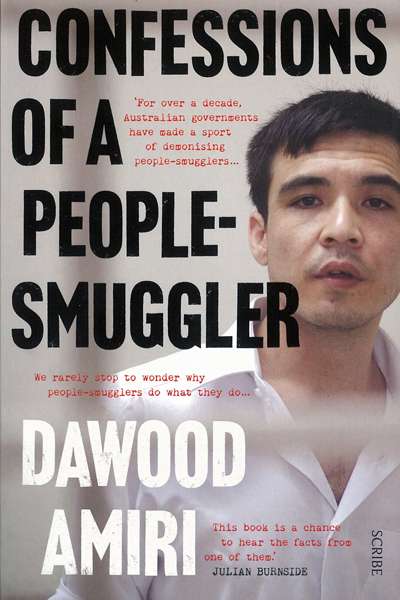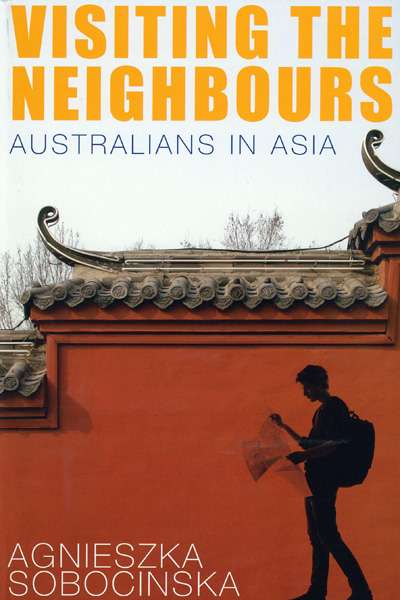Australian Politics
Much like her government, Julia Gillard’s memoir resembles the proverbial curate’s egg. Where her passions are involved, as with education (‘Our Children’) or the fair work laws, we are provided with a compelling policy read. Where they are not, as in large slabs of foreign policy, the insightful competes with the pedestrian, enlivened admittedly with her personal talents in handling the great and the good – handballing a football with Barack Obama in the Oval Office, for instance. A chapter on ‘Our Queen’ and the republic is rather jejune, though Gillard has a nice line on changes in the royal succession as providing ‘equal rights for sheilas’. The fact that ‘every prediction the departments of Treasury and Finance ever made about government revenue turned out to be wrong’ makes for dispiriting reading on fiscal matters.
... (read more)Margaret and Gough: The love story that shaped a nation by Susan Mitchell
Susan Mitchell’s fifteenth book is a biography of the Whitlams, published shortly before Gough’s death in November. As a broadcaster, journalist, and author who has examined the lives of prominent Australian women, Mitchell tells the story mainly from Margaret’s perspective. This is not surprising: Mitchell had already amassed a huge body of research for her book Margaret Whitlam: A Biography (2006), and had known her since the late 1970s. And, compared to his frank and affable wife, Gough was less willing to share his personal recollections.
... (read more)Inside the Hawke–Keating Government: A cabinet diary by Gareth Evans
Gough Whitlam was fond of replying to requests for interviews from historians by saying that all the answers could be found in the archives. ‘Go to the documents, comrade’, was his refrain. However, official documents rarely tell the whole story, particularly those from the modern era, whose authors are conscious that their words could so easily be exposed to public scrutiny. In particular, they are usually bereft of the innermost thoughts and motivations of the politicians and public servants. By contrast, politicians’ diaries can be goldmines. Written contemporaneously, an unguarded diary entry can transform our understanding of people and events.
... (read more)A Rightful Place: Race, Recognition And A More Complete Commonwealth (Quarterly Essay 55) by Noel Pearson
Whether you love or hate lawyer–activist Noel Pearson’s ideas, you have to admire his chutzpah, his willingness to put his ideas out there for public discussion and debate, even if his own dogmatism sometimes limits his diplomatic engagements ...
... (read more)Triumph and Demise: The broken promise of a Labor generation by Paul Kelly
Paul Kelly’s considerable research ability, enviable political knowledge, narrative skill, and indulgence in polemics all figure in his new book. The former qualities make it a must-read for the politically engaged; the latter is so pronounced that such readers may succumb to frustration and throw the book at the wall before reaching the valuable final chapter where at last we arrive at a coherent account of the systemic roots of ‘the Australian crisis’.
... (read more)There is a built-in paradox for the Greens: they need to both persuade people that we face major ecological disasters and at the same time hold out hope that we can respond meaningfully to them. To do this requires the sort of corny and touching optimism that gives Bob Brown’s book its title.
Optimism is neither a conventional memoir nor a political autobiography; it is rather a collection of sketches from the life of a man who will be remembered as one of the pivotal figures of Australian politics in the two decades that straddle the new millennium. The style is largely prosaic, excepting moments of real feeling when Brown describes the Tasmanian wilderness and his relationship to it.
... (read more)Dragon’s Tail: The Lucky Country after the China boom (Quarterly Essay 54) by Andrew Charlton
I dealt with China for most of the ten years I worked for the British Foreign Office from 1998. The one conclusion I drew from my experience over those years was that it didn’t take much to stumble into complexity. Britain and China have a vast historic hinterland. In 1839, British forces inflicted the first Opium War on China, and British politicians enforced the unequal treaties which ushered in what some Chinese call to this day ‘the century of humiliation’. In the hundred years that followed, Britain continued meddling and became involved in issues from Tibet to Hong Kong, building up a fund of resentment on the Chinese side that continues to pay back returns to the current day.
... (read more)The German film The Lives of Others (2006) ends with a coda, set after the fall of the Berlin Wall, in which protagonist Georg Dreyman is finally allowed access to the volumes of secret files collected on him by the Stasi. Apart from the sheer number, what strikes Georg most is the utter banality of the information contained within. It is a familiar reaction among the contributors to Dirty Secrets, a collection of essays from prominent Australians on the receipt of their ASIO files.
Meredith Burgmann, who has edited these essays, is refreshingly honest as to her aims. ‘I wanted to look at the effect of spying on those who have been its targets,’ she says in her introduction. Delightedly she adds, ‘We are finally writing about them instead of them writing about us.’ The lingering outrage underpinning the book rarely subsides.
... (read more)Confessions of a People-Smuggler by Dawood Amiri & The Undesirables by Mark Isaacs
After an explosion that killed five asylum seekers and injured dozens more on a boat moored at Ashmore Reef in 2009, Prime Minister Kevin Rudd described people smugglers as ‘the absolute scum of the earth’ and ‘the vilest form of human life’. Further tragedies at sea during the ‘fifth wave’ of boat arrivals to Australia provoked similar outbursts from politicians across the political spectrum.
... (read more)Visiting the Neighbours: Australians in Asia by Agnieszka Sobocinska
It was timely that halfway through reading this book, I glanced up to see Clive Palmer on Q&A vowing to stand up to ‘the Chinese mongrels’. It was as if a columnist from the Bulletin circa 1895 had risen from the grave to thump a battered tub and warn us about the monster intent on destroying ‘our Australian way of life’. Images like these still lurk in the bedrock of White Australian consciousness, and Palmer’s outburst was a reminder of how readily they can be summoned.
... (read more)

